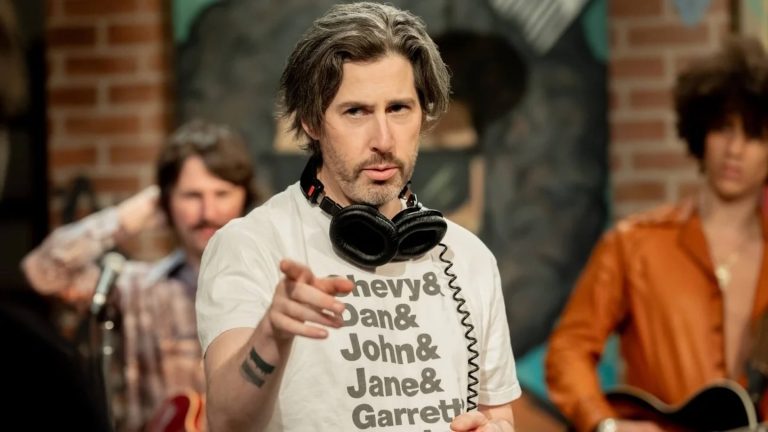4 Tips for Handling Writing Critiques and Taking Notes
by ScreenCraft Staff on May 22, 2014

Getting feedback on your writing is one of the best things you can do to get better — but only if you know how to handle what you’re hearing. Here are three tips for parsing writing advice and critiques.
- Watch for patterns. If you keep hearing the same things, or the same kinds of things from different people, chances are it’s something that needs work. In my first novel, I kept hearing people say something along the lines of, that while they liked the book, they wanted to know more about the characters or that they felt like they never got to know the characters. Obviously, something wasn’t working the way I’d hoped for a lot of readers, and it was something I tried to correct in the second book. In the same vein, I once dashed off a short story a friend needed to round out an anthology. It wasn’t something I’d ever intended to pick up again, but I noticed readers, over and over, saying how much they loved the main character—so I ran with that and wrote more stories about him.
- Avoid mom. You’ve heard this advice before. Mom loves you, so mom is going to love your script, no matter how bad it is. Yes, that’s true — but there’s a bigger problem with mom and husbands and girlfriends and the like. Even if they can muster the strength to tell you what you’ve written sucks (which, as others before have pointed out, they probably can’t), they might not be able to be specific enough to enable you fix it. They’re probably not experts in story or structure or character, so while they can say they didn’t like it or it’s not working, they can’t pinpoint that your protagonist lacks clear motivation or that the inciting incident comes too late. So what are you left with? Just a vague notion that something is wrong, coming from someone who can’t articulate just what that “something” is. You need experts to critique your work, not friends.
- Keep it your own. I had a scene in an early draft in one of my books that didn’t seem to make a lot of sense. Everyone from my editors on down seemed to be calling it out. The thing is, I knew that it was setting something up that wouldn’t pay off until much later, in another book. Still, afraid to ignore their advice, I cut the scene and almost instantly regretted it. I lost a great set up for a major plot point in my second book, all because I didn’t trust myself. Sometimes you’re going to get advice that you just don’t feel is right. You need to take it in, understand it, and if you disagree with it, let it go and move on. You story is your story. Keep it that way.
- Check the ego. I’ve generally stopped reading reviews of my work, both good and bad. For some of the same reasons that I say “avoid mom” when seeking out a critique, reviews — especially from the public (like the kinds you get on books at Amazon) — can knock you down unfairly, or at the same time, give you an inflated sense of your own ability. Many people writing these so called reviews just aren’t experts in the subject, and you need to take what they say accordingly. At the same time, if you’re in a critique group or get notes from an experienced reader, you need to listen to what they say and really chew it over, even if it’s not something you want to hear. It might hurt — and I can say that from experience that it probably will — but it will make you better in the end. Getting angry at someone trying to give you honest feedback will only make sure they don’t tell you the truth next time, if there even is a next time.
Justin McLachlan is a writer, director and actor in Washington D.C. He’s @justinmclachlan on Twitter and you can find him on Facebook at http://facebook.com/
Get Our Screenwriting Newsletter!
Get weekly writing inspiration delivered to your inbox - including industry news, popular articles, and more!


























